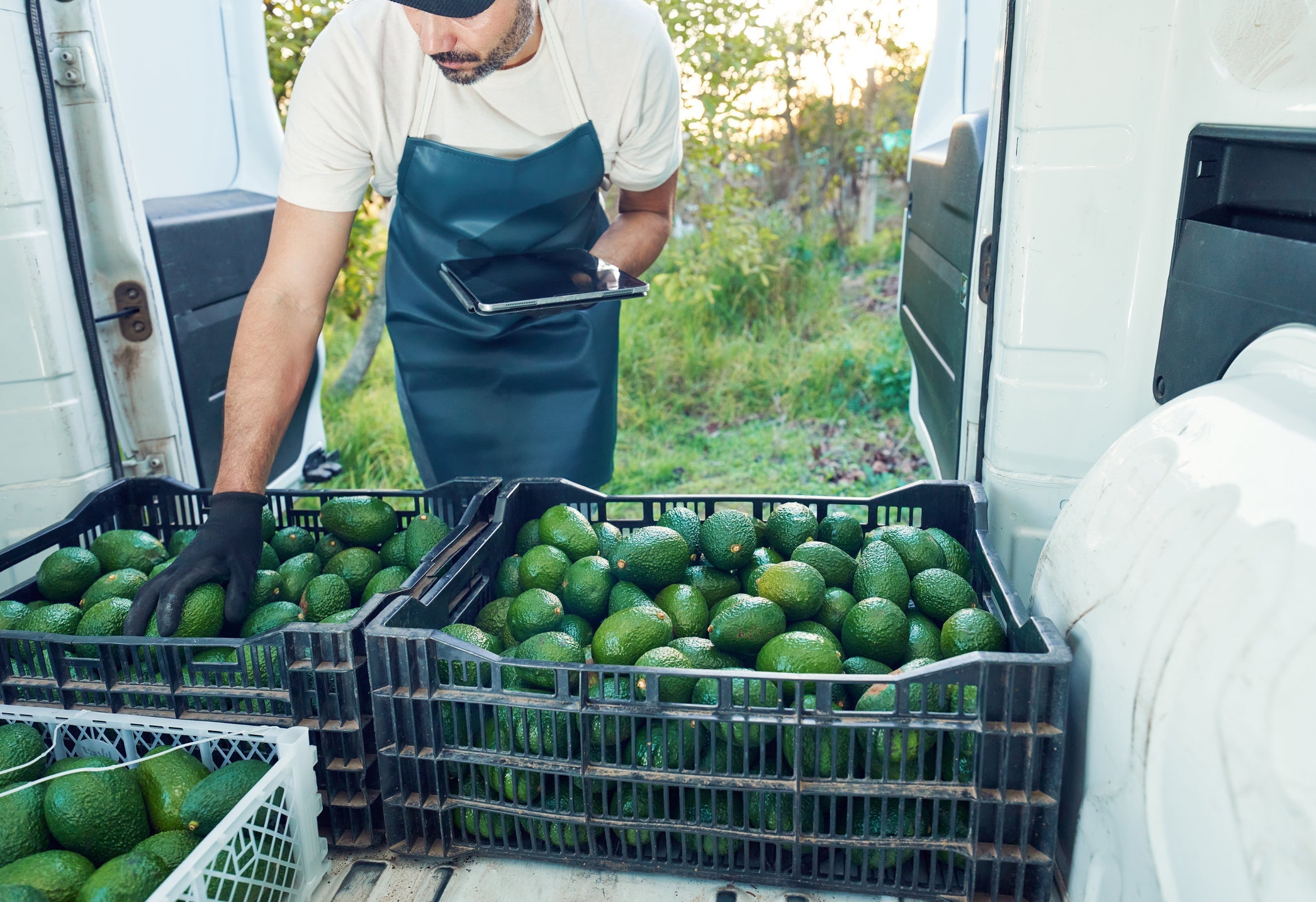Introduction: Protection That’s Simple but Essential
In environments where splashes, spills, and stains are part of the job, workers need reliable gear that shields their clothing and skin. Enter the vinyl apron — one of the most cost-effective, durable, and versatile forms of personal protective equipment (PPE). From food prep to industrial cleaning, vinyl aprons are a staple across many industries for a reason.
At EDISASTER SYSTEMS, we supply commercial-grade vinyl aprons designed to perform in demanding environments. Whether you're just learning about them or deciding if your team needs them, this guide breaks down what vinyl aprons are, when to use them, and who needs them most.
What Is a Vinyl Apron?
A vinyl apron is a waterproof, chemical-resistant apron made from polyvinyl chloride (PVC) or a PVC-coated fabric. It's designed to provide full frontal coverage from the chest to the knees or shins, protecting the wearer from liquids, grease, debris, or hazardous materials.
- Flexible and comfortable for all-day wear
- Resistant to water, oils, acids, and cleaning chemicals
- Easy to clean and disinfect
- Lightweight, yet durable
Key Features of a Quality Vinyl Apron
- Adjustable neck and waist straps
- Reinforced stitching at stress points
- Smooth surface for quick wipe-downs
- Available in multiple lengths and thicknesses
- Chemical-resistant rating (varies by model)
- Optional pockets or tool loops
When Do You Need to Use a Vinyl Apron?
You should use a vinyl apron whenever your job involves:
- Splash risks from liquids (water, chemicals, oils)
- Exposure to biological or foodborne contaminants
- Handling cleaning agents or degreasers
- Maintaining sanitary work conditions
Occupations That Use Vinyl Aprons
1. Food Service and Processing Workers
- Why: To protect against raw meat juices, oils, sauces, and sanitation chemicals
- Use Case: Butchers, fishmongers, cafeteria staff, meat packers
- Requirement: Food-safe, FDA-compliant vinyl; resistant to bloodborne pathogens
- Related Item: Food Safety Apparel
2. Janitorial and Sanitation Crews
- Why: To block splash-back from industrial cleaners, disinfectants, and dirty water
- Use Case: Custodians, hospital cleaners, restroom technicians
- Requirement: Chemical-resistant rating; long aprons preferred
- Related Item: Chemical Protection Gear
3. Lab Technicians and Medical Workers
- Why: To avoid cross-contamination and protect scrubs from biohazards or stains
- Use Case: Laboratory assistants, phlebotomists, morgue attendants
- Requirement: Non-porous material, PPE compliant, easy sanitization
- Related Item: Medical Disposable PPE
4. Industrial and Factory Workers
- Why: To guard against grease, oils, lubricants, and splatter from machinery
- Use Case: Maintenance techs, assembly line workers, mechanics
- Requirement: Thick vinyl with chemical splash protection
- Related Item: Industrial Safety Wear
5. Animal Care Professionals
- Why: To stay clean while washing, grooming, or feeding animals
- Use Case: Veterinarians, zookeepers, kennel techs
- Requirement: Waterproof, odor-resistant, easy-to-wash aprons
- Related Item: Veterinary PPE
6. Hairdressers and Tattoo Artists
- Why: To avoid hair dyes, inks, and disinfectants
- Use Case: Colorists, piercers, artists
- Requirement: Flexible, fashionable, fluid-resistant
- Related Item: General Protective Aprons
Benefits of Vinyl Aprons
- Affordable PPE for bulk ordering
- Reusable with proper sanitization
- Protective barrier against splash and soil
- One-size-fits-most with adjustable ties
- Long-lasting for low-turnover environments
- Complies with health and safety standards in most industries
Vinyl vs. Other Apron Types
| Feature | Vinyl Aprons | Rubber Aprons | Disposable Aprons |
|---|---|---|---|
| Reusability | Yes | Yes | No |
| Fluid Resistance | High | Very High | Moderate |
| Chemical Resistance | Good | Excellent | Low |
| Flexibility | High | Medium | High |
| Cost | $$ | $$$ | $ |
Care and Maintenance
- Wipe down after use with sanitizing spray
- Hang to dry to prevent mildew
- Avoid direct sunlight or heat
- Inspect regularly for cracks or wear
- Replace as needed for safety
When Not to Use Vinyl Aprons
- Welding or high-heat environments
- Cooking over open flames
- Electrical work (due to static risks)
Why Choose Vinyl Aprons from EDISASTER SYSTEMS?
- FDA-approved vinyl options for food and healthcare
- Heavy- and light-duty options
- Bulk pricing for institutions
- Comfortable, breathable materials
- Shop Vinyl Aprons Now
External Authority Resource
OSHA – Personal Protective Equipment (PPE)
Conclusion: Simple Protection for Complex Jobs
Whether you're in a lab, a restaurant, or a kennel, a vinyl apron gives you splash-proof protection without sacrificing comfort. Choose quality aprons from EDISASTER SYSTEMS and outfit your team with affordable, trusted PPE.

